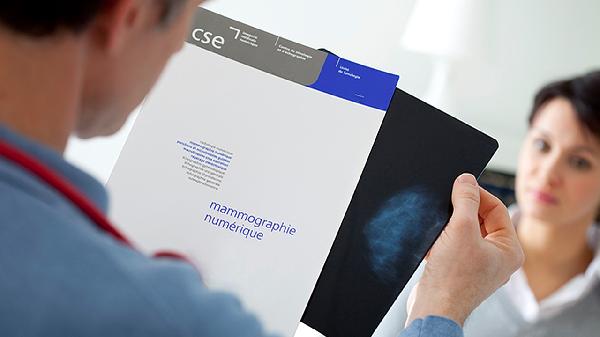Firstly, the active ingredient of birth control pills is estrogen (primarily diethylstilbestrol). Diethylstilbestrol is a synthetic and highly potent estrogen mainly used to treat ovarian dysfunction, amenorrhea, dysfunctional uterine bleeding, and menopausal syndrome. Taking contraceptive drugs (primarily estrogen, progesterone, etc.) to interfere with or delay endometrial shedding and bleeding disrupts the original endocrine rhythm, forcibly delaying menstruation. This can lead to endocrine disorders, disrupt the normal development of the reproductive system in young girls, cause menstrual disorders, and in severe cases, result in amenorrhea and lifelong infertility. It can also sometimes cause liver and kidney damage.

However, the misuse of estrogen can prolong the stimulation of breast epithelial cells by estrogen, alter the internal endocrine environment, lead to cell malignant transformation, and cause breast cancer, thereby increasing the risk of breast cancer in women. In real life, many women consider emergency contraception as their primary contraceptive method, treating it as a universal remedy post-intercourse. Frequently taking emergency contraception is very dangerous. Even a single dose can lead to endocrine disorders or abnormal uterine bleeding in women. Emergency contraception should not be taken lightly unless absolutely necessary.
Moreover, many daily dietary and lifestyle habits of women can lead to breast cancer. A high-fat diet can increase the incidence of breast cancer, hence it's important to rationalize the diet structure. Reducing calorie intake, lowering fat consumption, and eating more plant-based and vitamin A-rich foods are all beneficial in reducing the occurrence of breast cancer.
Secondly, overweight, obesity, and weight changes in adulthood have a significant impact on the occurrence of breast cancer, especially postmenopausal breast cancer. Regular and appropriate exercise can reduce the risk of breast cancer. Women who consume alcohol have a high risk of breast cancer, and this risk is directly related to the amount of alcohol consumed. Therefore, abstaining from alcohol and engaging in appropriate exercise are both beneficial in reducing the incidence of breast cancer.
Of course, these conclusions are based on follow-up surveys of women who have taken contraceptive drugs long-term. However, due to the limited number of observations and regional constraints, they may not always accurately reflect the full scope of the situation. Nonetheless, for women who have been taking oral contraceptives long-term, especially those who have been taking them before pregnancy, it is advisable to be cautious and recommend regular follow-ups on breast health conditions.
























